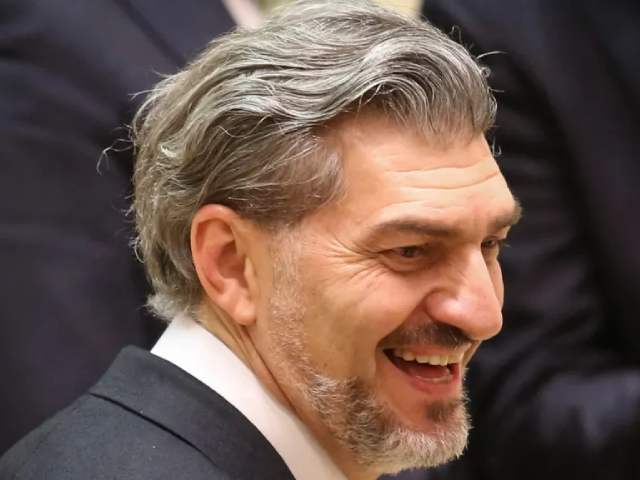
On Saturday, Georgian lawmakers elected Mikheil Kavelashvili, a former professional footballer and outspoken critic of the West, as the country’s new president. Kavelashvili, who replaces a pro-Western incumbent, was the only candidate nominated for the largely ceremonial role.
The election comes at a time of significant political unrest in Georgia, where public anger has surged following the ruling Georgian Dream party’s controversial decision to freeze the country’s European Union (EU) accession process until 2028.
This move has effectively put on hold Georgia's long-standing aspiration to join the EU, a goal enshrined in the country’s constitution. Public opinion polls show overwhelming support for EU membership, and the decision has sparked major protests across the country.
Kavelashvili, a former Manchester City striker, has expressed strongly anti-Western views, and his rhetoric has included claims that Western intelligence agencies are attempting to provoke Georgia into war with Russia. His election is seen as a sign of a shift away from the pro-EU policies that have characterised Georgia's post-Soviet trajectory.
Presidential Vote Amid Protests
Kavelashvili was elected by a college of electors composed of members of parliament and local government representatives. Of the 225 electors present, 224 voted in his favour. His nomination was backed by Bidzina Ivanishvili, the billionaire former prime minister and the de facto leader of the ruling Georgian Dream party.
Opposition parties, who have boycotted parliament since the October elections—which they claim were rigged—have rejected Kavelashvili’s election. Demonstrators gathered outside the parliament building ahead of the vote, protesting both Kavelashvili’s candidacy and the government’s decision to freeze EU accession talks.
Some protesters mocked the new president by playing soccer in the street and waving red cards in reference to Kavelashvili’s past as a footballer.
Anti-Western Shift and Growing Tensions
Kavelashvili leads the anti-Western faction within the ruling Georgian Dream party, known as People’s Power. This faction has pushed for the passage of controversial laws, including one that designates organisations receiving significant foreign funding as “foreign agents.” The law, which has drawn comparisons to similar Russian legislation, has been heavily criticised by human rights groups and the West.
As the country’s new president, Kavelashvili is expected to continue the Georgian Dream party’s pivot towards Russia. Since the outbreak of the war in Ukraine, the ruling party has sought to strengthen ties with Moscow, a shift that has alarmed Georgia’s traditional Western allies.
Relations between Georgia and the EU have soured, with Brussels warning that sanctions could be imposed over the crackdown on protests and the adoption of repressive laws.
Continued Protests and Opposition Resistance
The protests, which began in response to the halt in EU accession talks, have intensified in recent weeks. Tens of thousands of Georgians have taken to the streets, clashing with police who have used water cannons, tear gas, and rubber bullets to disperse demonstrators. Over 150 police officers have been injured in the ongoing unrest, and hundreds of protesters have been detained.
Georgian President Salome Zourabichvili, a pro-EU critic of the Georgian Dream party, has positioned herself as a leader of the protest movement, vowing to remain in office even after her term expires.
Zourabichvili has denounced the legitimacy of the October elections and declared that she will continue to be recognised as the legitimate president by the opposition, even after Kavelashvili’s inauguration on December 29.
In response to the ongoing protests, Georgian lawmakers approved sweeping new restrictions on public gatherings, including higher fines for protestors and organisers and a ban on face coverings, fireworks, and lasers at demonstrations. The government has framed the protests as an attempt by pro-EU forces to overthrow the government and seize power.
International Concern
The situation in Georgia has drawn international concern. French President Emmanuel Macron warned in a video message that Georgia’s European dream should not be extinguished, urging the government to respect the country’s pro-European aspirations.
The EU has voiced alarm over the growing authoritarianism in Georgia, with the imposition of stricter protest laws and increasing pressure on opposition groups.
As Georgia moves towards the inauguration of its new president, the country remains deeply divided. Kavelashvili’s election signals a new chapter in Georgia's political landscape, one that seems poised to deepen the country’s internal divisions and its tensions with the West.


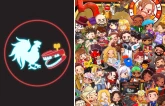












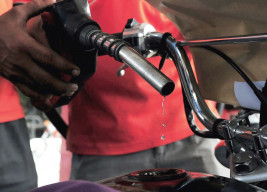
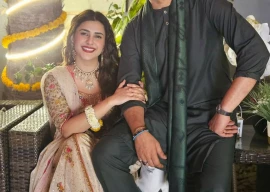
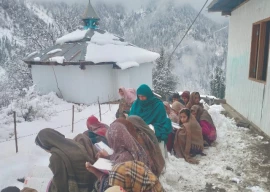

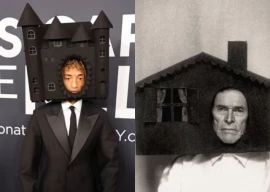




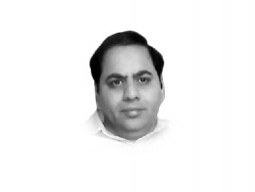


COMMENTS
Comments are moderated and generally will be posted if they are on-topic and not abusive.
For more information, please see our Comments FAQ